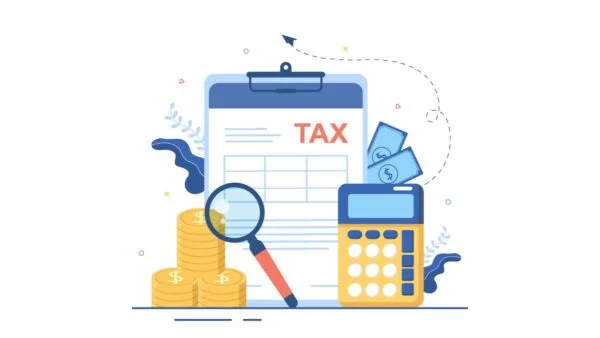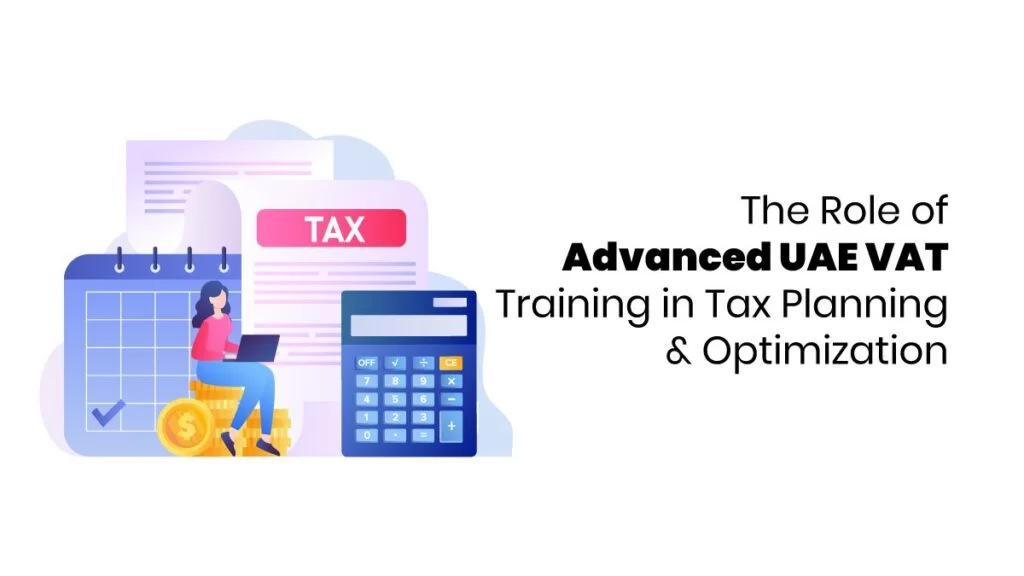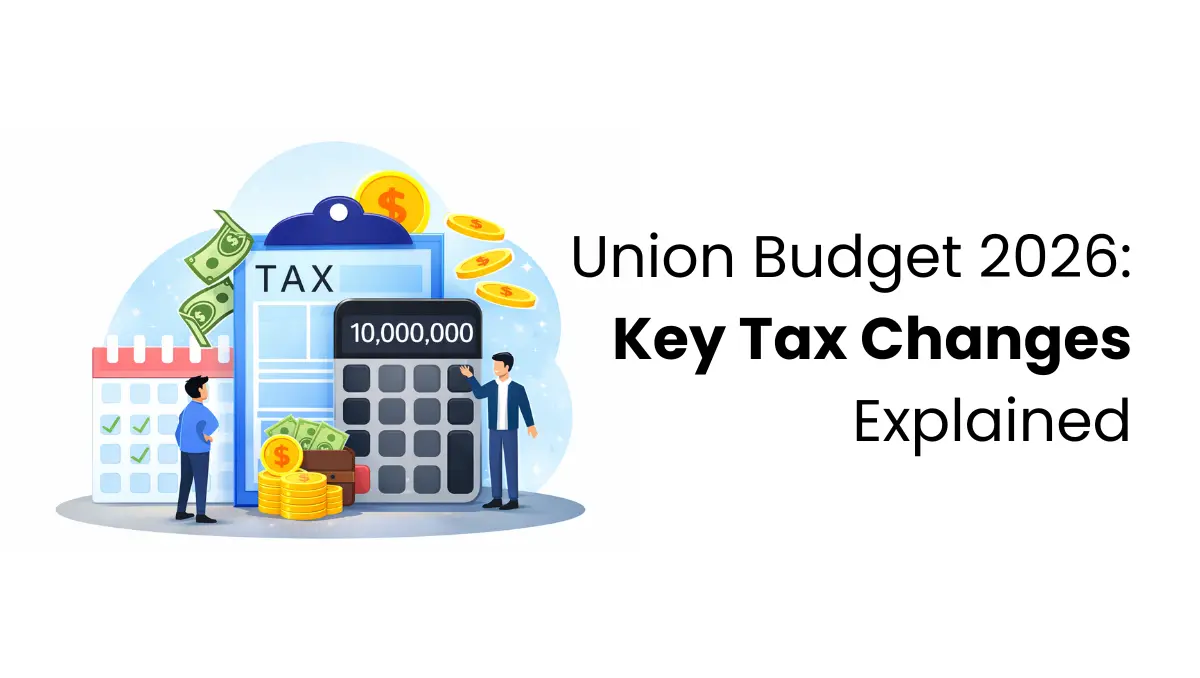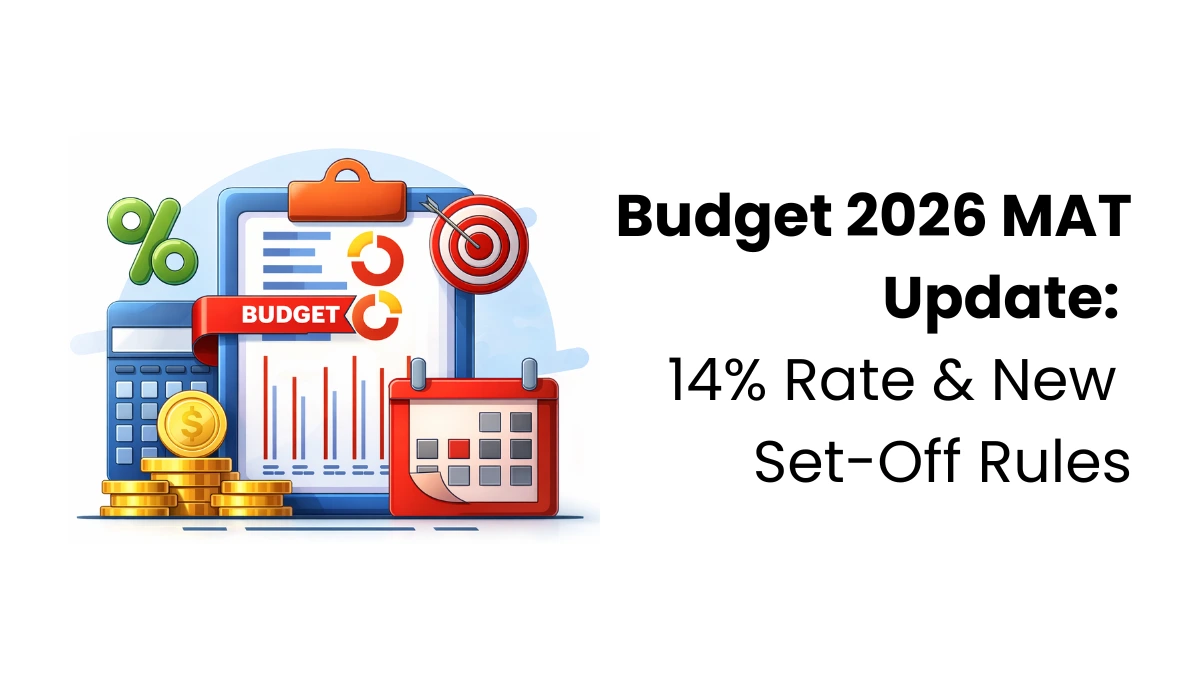Tax represents a compulsory contribution mandated by the government, applied to goods, services, income, and transactions to fund public services and government expenditures. It is classified into two primary categories: direct tax and indirect tax. The taxpayer pays Direct tax directly to the government, which is calculated based on income, wealth, or property. This type of tax places the responsibility of reporting and remitting the tax on the individual or entity generating the income or owning the property. On the other hand, Value Added Tax (VAT) is an example of an indirect tax. VAT is levied on the supply of goods and services at various stages in the supply chain. The burden of VAT is ultimately borne by the end consumer who purchases the goods or services.
Advanced UAE VAT (Value Added Tax) training plays a key role in assisting individuals and businesses navigate the complex world of taxation. In a dynamic tax landscape like the UAE, where VAT regulations constantly evolve, staying updated with the latest knowledge and strategies is essential for effective tax planning and optimization. Here are some key ways in which advanced UAE VAT training contributes to this process:
Elevate the Quality of Your Work
When you earn a certification, you raise the bar for the standard of your work. A significant 52% of IT professionals attest that obtaining a certification positively impacts their work quality. The knowledge you acquire through certification often immediately applies to your professional activities. This results in more efficient and successful task execution and a reduction in the occurrence of errors.
Certification Affirms Your Expertise
A certification serves as a concrete validation of your understanding and expertise. It signifies that you haven’t just completed a course; you’ve demonstrated a comprehensive grasp of the subject matter and your ability to apply it effectively. Whether aiming for a promotion or negotiating a higher salary, such a certification can be valuable. Additionally, a certification ensures that your resume stands out in a competitive job market.
Master Advanced Accounting Principles
In the realm of accounting, standards play a pivotal role. They are procedures and guidelines that standardise accounting practices, including bookkeeping, across organisations and over time. These standards encompass the entire spectrum of an organisation’s financial landscape, including its assets, revenues, liabilities, expenses, and shareholders’ equity. VAT Certification, in particular, equips individuals with a deep understanding of these cutting-edge accounting standards, enabling them to apply these principles effectively in their future professional endeavours.
Embrace Cutting-Edge Accounting Techniques
Advanced tools greatly facilitate today’s Accounting tasks, encompass budgeting, reporting, financial statements, and invoicing. Accounting software can now automatically process many routine tasks that used to require manual scrutiny. One of the most significant advantages of certification is gaining a practical understanding of the latest accounting software, which enhances your efficiency and saves you valuable time in your work. These tools may include advanced software like Excel and Tally, among others.

Understanding the Intricacies of the GST Tax System
The Goods and Services Tax (GST) is a comprehensive taxation system that replaces indirect taxes, such as service, value-added, excise, purchase, and more. GST is mandated for the supply of specific goods and services throughout India. Its implementation not only enhances transparency but also reduces unreported sales and corruption. Small businesses can now breathe more manageably, as GST eliminates needing to grapple with service tax, excise tax, and VAT separately. This unified tax system brings organisation and structure to previously unregulated sectors. Accountants experienced in GST payments understand the importance of verifying tax accuracy and considering various other factors.
Enhancing Proficiency in Payroll and its Policies
Payroll policies encompass the management of employee salaries, payroll schedules, timekeeping, and payment systems. These policies define the entire payroll process and provide employees with clear expectations regarding their compensation. A robust payroll system should include comprehensive accounting procedures since personnel expenses constitute a significant portion of an organisation’s budget.
Strengthening Bookkeeping and Accounting Skills
At the core of accounting lies bookkeeping, which serves as the foundation for generating financial statements and reports. While the demand for accounting expertise is substantial, many accountants launch their careers as bookkeepers. A VAT Certification is an excellent opportunity to refine your accounting abilities, enabling you to ethically and accurately oversee financial transactions, analyse financial data, and produce comprehensive financial reports. This certification also equips you with a solid understanding of universally accepted accounting principles, mathematics, and data analysis, offering a distinct advantage in your accounting career.
Value Added Tax (VAT) has consistently held a prominent position in the accounting industry. Over time, businesses and individuals have recognized the significance of meticulous tax filing and comprehensive record-keeping. The landscape of business accounting and tax procedures has evolved, becoming increasingly complex and intricate in response to changing regulations and economic demands.
Enrolling in Advanced UAE VAT training is a strategic step toward enhancing your practical knowledge of VAT, which, in turn, opens up promising job opportunities in GCC countries. Such training equips you with the skills to secure a rewarding job quickly. The complexity of managing VAT processes for businesses makes the role of Finprov pivotal. We offer diverse courses and training tailored for graduates and professionals, complemented by valuable placement assistance.
Our Advanced UAE VAT training delves into fundamental topics, covering the core concepts of VAT and its operational intricacies. It encompasses the VAT registration procedure, the implications of VAT on import and export businesses, detailed insights into invoicing and documentation requirements, VAT compliance and filing obligations, accounting entries, meticulous record-keeping, and an understanding of potential penalties. Mastery of these areas paves the way for excellence in various career paths, including VAT Executive, VAT Consultant, Finance Manager, Senior Accountant, Tax Executive, VAT Expert, Billing Clerk, Sales Accounting Manager, or administrative positions.










